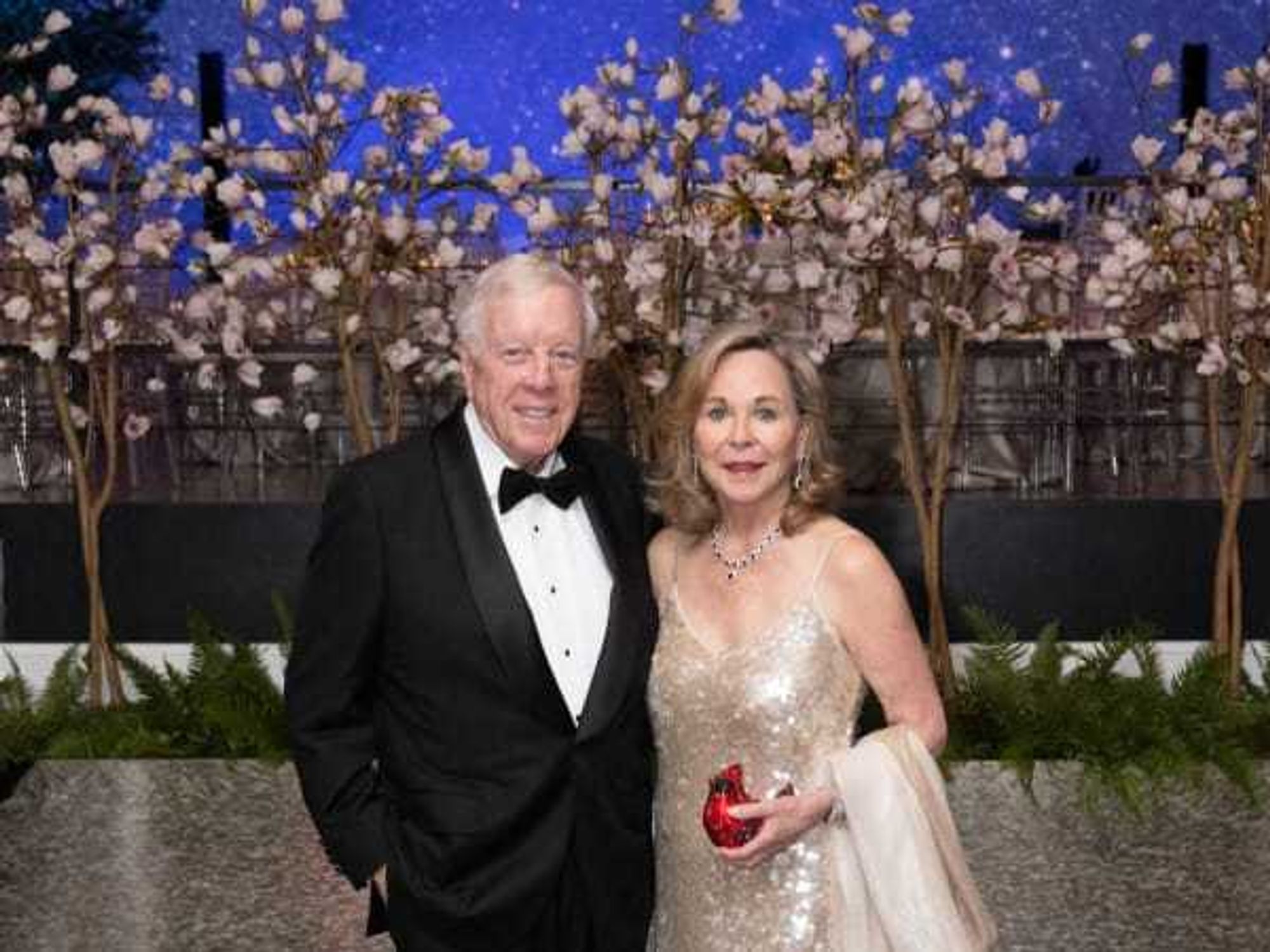The CultureMap Interview
New HISD president Paula Harris copes with cuts, embraces experiments & fearsfor Summer School
 Paula Harris, president, HISD board of trustees
Paula Harris, president, HISD board of trustees HISD students
HISD students
Paula Harris is, by day, the director of community affairs for Schlumberger. By her evenings, and sometimes on her lunch breaks, she serves on the board of Houston's Independent School District — most lately as its new president.
After graduating from high school in Katy, Harris obtained a petroleum engineering degree from Texas A&M and spent more than 20 years working in various capacities in oil and gas. When Schlumberger moved its headquarters to Houston, Harris made it her mission to invent a position for herself that would allow her to establish a community presence.
She is author of two books, a children's book called When I Grow Up I Want to be an Engineer, and For Sister: The Guide for Professional Black Women.
We caught up with Harris, who has served on the HISD board since 2007, in her office and chatted about how she went from engineering to education, her plans to buck budget concerns and her biggest goals as president. She's got a year to make it happen, and although she plans to run again, she says it's two years as president, tops.
"After that you're just sort of in the way," she says.
CultureMap: What are your most major goals for your term? What are your biggest challenges?
Paula Harris: The budget is in crisis, and in times like this, it's about making policy and strategy that will continue to improve output even as we take these tremendous losses. I really want to look at the data: Who is reading, writing and doing arithmetic at the end of the year better than the last? The biggest challenge is funding, and keeping the focus on human talent.
We have a partnership with The New Teacher Project, and we're looking at our recruiting process. We're giving behavioral tests, filming teachers in the classroom during the interview process and working on intensive professional development.
There's a higher bar set to become a leader in the district. It weeds out a history of nepotism to set measurable goals you have to attain to perform at the administrative level.
CM: Let's talk about pay for performance. How do you measure a teacher's success?
PH: Test scores are the minimum. It's about how many kids are getting commended. Which schools are "acceptable" and which are "recognized" or "exemplary." We look at how effectively we're closing that achievement gap, at whether children of color are making larger gains. We look at school safety, and we measure teacher's training — we pay teachers for master's degrees, but it's about outcome over input.
CM: Houston, like other cities, is one with great variation in the qualities of the schools within one district or even in one area. How you even the playing field?
PH: Houston is a district of choice. We'll remain a district of choice and continue to have strong magnet programs — there are 42 ways to transfer your kids, if you want to.
We compare ourselves a lot to suburban districts and districts with fewer lower socio-economic-level kids. We really don't believe it's the child. If a school is not as successful or not as safe, we have failed. We know this because we have successful schools with lower income and fewer English-speakers. Squatty Lyons, Alcott and Hartsfield are examples.
CM: Can you talk a bit about some of the programs HISD is exploring?
PH: We have a Mathematica Grant that's allowing us to try transferring talent right now — putting high-success teachers in other schools. As a board and as a leader our position is, "Let's try it." We have a very controversial pilot program currently that began this year where we pay parents and students at unsuccessful schools. Parents play a big role, but they can't be held accountable because they're not on our payroll.
So in this program, parents have to meet with teachers, and they get paid when kids meet their various objectives. Someone gave us the money for that, and we're trying it, and I can't wait to get those results. It's one of those creative, "by any means necessary" things this board has tried. The Apollo Program also began this year, which explores intensive tutoring and longer school days.
CM: What are your biggest budget fears?
PH: We don't know if we can do Summer School this year. We haven't a clue, because the state doesn't have a clue. I've heard everything from $300 million in cuts to $100 million, and it's scary. We've organized community budget meetings, and we're bringing our questions and concerns into the community.
The only non-negotiable is human talent. Dr. [Terry] Grier, for example, is an enormous human talent. The first step is to explain and to get feedback on what we could cut, and we anticipate a laundry list. Last year we cut 400 administrative positions. The second round of cuts will likely be the same — we try to keep cuts as far away from the kids as possible.
My personal big project and signature program is called "Real Men Read," where once a month men go into the schools and read to the kids. It's my baby, I found the funding for it, and it may be cut this year.
